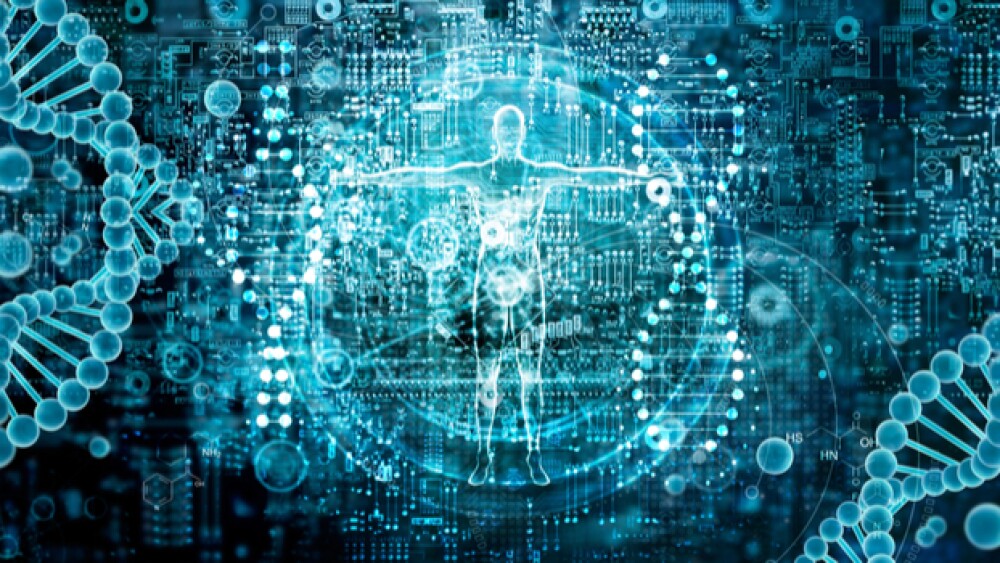CRISPR, aging, food health, artificial intelligence and more will be some of the key areas of conversation for the coming year, researchers say.
While investors and industry watchers were paying close attention to the deals and announcements coming from the J.P. Morgan Healthcare Conference, some researchers and scientists are pointing to what they believe will be leading ideas for the coming year.
The online publication NEO.LIFE pointed to seven areas where biotech companies and researchers have significant potential to “dramatically reshape our concept of what it means to be human.” Areas that will have such an impact include gene editing, synthetic biology and food innovations.
CRISPR -- Feng Zhang, a pioneer of CRISPR technology, said it is an exciting time for gene editing technology, as clinical trials are using CRISPR to tackle multiple diseases, such as sickle cell and some cancers. But, CRISPR technology is not only capable of editing a disease mutation, Zhang noted that it is a “robust diagnostics tool” that can be used for infectious diseases such as Ebola, and can also be used in agriculture to improve the yield of crops. Zhang noted that CRISPR also has diagnostic applications in food safety as well.
Zhang did point to CRISPR controversy from China regarding editing embryos that caused a worldwide outcry over ethics. He said that news, though, will spark an important conversation about what people want “in terms of gene editing and changing the human germline.”
Artificial Intelligence – AI is certainly in vogue with many drug companies and that’s only going to get bigger. Poppy Crum, chief scientist at Dolby Laboratories, said she’s looking for ways that technology like AI can enhance human capacity, not emulate it. She said a conversation needs to be had about what AI can do for humanity in multiple aspects, not just drug design.
Brain-Computer Interface -- Bolu Ajiboye, assistant professor of biomedical engineering at Case Western Reserve University, told NEO.LIFE that being able to interface the brain with a computer has significant applications in areas such as restoring sensation or treating movement issues from debilitating diseases or injuries to the spinal cord. “This work is very much in its infancy and it’s going to be really exciting to watch it progress in the coming year,” he said. Ajiboye also envisions an implanted device that will allow individuals to interface with technology using their thoughts. Elon Musk launched a startup called Neuralink that intends to link the brain with artificial intelligence.
Aging – Researchers have been tirelessly looking at ways to allow people to live healthy and vibrant lives well up into their advanced years. That will continue in 2019. David Sinclair, director of Harvard’s Center for the Biology of Aging, said his lab has been using the NAD molecule to reverse some aspects of aging in mice. Old mice were given the molecule called NMN and were able to “out-compete young mice,” Sinclair said. The molecule increased blood flow in the mice and gave them the energy and stamina necessary. That could have potential application in older humans. Sinclair also noted that his lab has been working on reprogramming cells to defy aging as well. He predicted 2019 will be a watershed year when it comes to the field.
Other fields that are likely to be primary talking points in science and health include changing the discussion paradigm of the U.S. healthcare system from an idea of spending, to one of investing. By treating it as an investment, it will show that healthcare is an important asset, Esther Dyson, executive founder of Way to Wellville, a health nonprofit, said. The field of synthetic biology could allow for the development of repurposing old materials or creating sustainable chemicals that can be used in various aspects of production and manufacturing. Food development will also be a crucial area of conversation as companies look to develop methods to increase yield and decrease food desserts across the globe.





